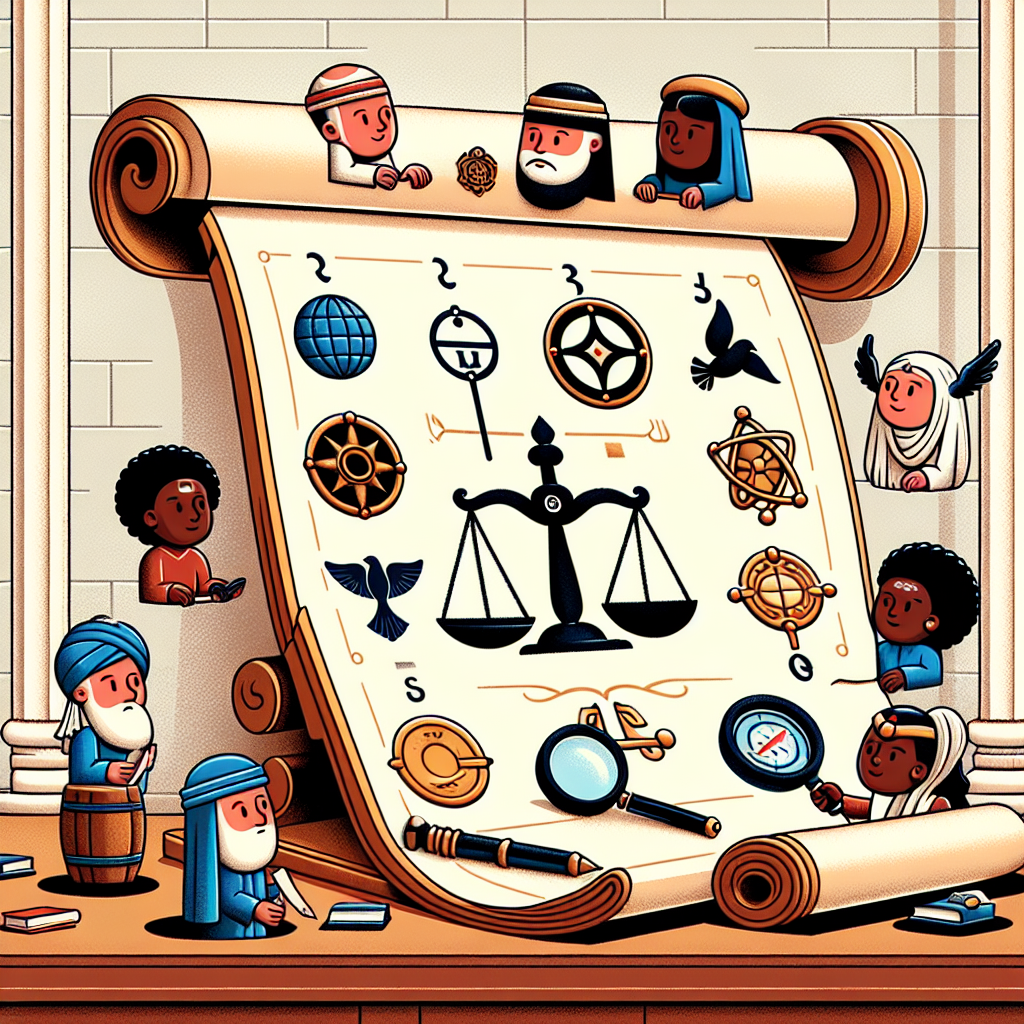UN Official Condemns Taliban's New Vice and Virtue Laws
The Taliban's new vice and virtue laws ban women's voices and bare faces in public, raising concerns about Afghanistan’s future. Roza Otunbayeva, head of the UN mission, warned these laws extend oppressive restrictions on women and girls. The UN is studying the law's implications, while the Taliban claims they ensure women's rights based on Islamic law.

- Country:
- Pakistan
The Taliban's newly enacted vice and virtue laws, which prohibit women's voices and bare faces in public, present a 'distressing vision' for Afghanistan's future, warned Roza Otunbayeva, head of the UN mission in the country, on Sunday. Otunbayeva highlighted that the laws extend already severe restrictions on the rights of women and girls, where even the sound of a female voice is considered a moral violation.
Last Wednesday, Afghanistan's Taliban rulers introduced the country's first set of laws intended to prevent vice and promote virtue. These include mandates for women to cover their faces, bodies, and voices while outside their homes. The laws give power to the Vice and Virtue Ministry to enforce personal conduct regulations and administer punishments, including warnings or arrests, if citizens are found to be non-compliant.
'After decades of war and in the midst of a severe humanitarian crisis, the Afghan populace deserves more than threats or imprisonment for being late to prayers, looking at a non-family member of the opposite sex, or possessing a photo of a loved one,' Otunbayeva expressed. The UN is currently assessing the impact of the newly ratified law on Afghans and on its humanitarian assistance efforts. Taliban officials were not available for immediate comment.
In a broadcasted statement by state-controlled RTA, Vice and Virtue Minister Mohammad Khaled Hanafi emphasized that women's rights should not be violated by inappropriate customs and asserted that complaints regarding such violations would be addressed. Despite Taliban supreme leader Hibatullah Akhundzada's claim that Afghan women lead 'comfortable and prosperous' lives, the UN maintains that official recognition of the Taliban remains unlikely as long as restrictions on women and girls persist.
While no country officially recognizes the Taliban, regional ties exist, as highlighted by the United Arab Emirates' recent acceptance of the Taliban ambassador's credentials. A UAE official stated that this decision aims to foster regional stability and provide humanitarian assistance. Otunbayeva is set to report to the UN Security Council on September 18, marking three years since the Taliban barred girls from education beyond the sixth grade.
(With inputs from agencies.)










